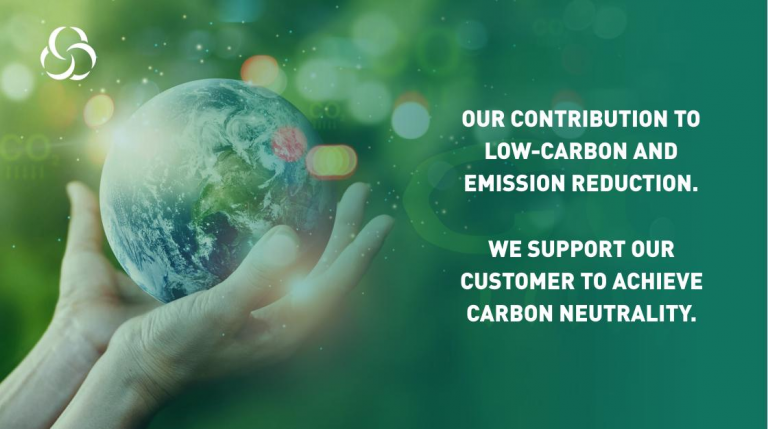What is Virgin Polyester Fiber?
Virgin polyester fiber is a synthetic fiber produced through petrochemical reactions, and it is the most common form of PET (polyethylene terephthalate). This material dominates the clothing industry, especially the fast fashion sector, with over 52 million tons of polyester clothing produced annually. Although virgin polyester fiber is popular and inexpensive, its environmental cost is significant, making it one of the most harmful fabrics for the planet.
- It is derived from petroleum, a non-renewable resource.
- Its production relies on carbon-intensive processes, accounting for 40% of fashion industry emissions.
- Polyester fiber is non-biodegradable: it takes 200 years to decompose in landfills!
- It is difficult to recycle, especially when mixed with other materials (like cotton clothes).
- Washing polyester garments releases microplastics, which eventually end up in the oceans.
A Sustainable Alternative: Recycled Polyester Fiber
The development of recycled polyester fiber can be traced back to the late 20th century, driven by increasing environmental awareness and the issue of finite resources. Today, more and more textile and clothing brands are adopting recycled polyester fiber on a large scale. According to research, the global recycled polyester fiber market size was estimated at $621.3 million in 2022 and is expected to reach around $855.7 million by 2032, with a compound annual growth rate of about 5.1% from 2023 to 2032.
Environmental Benefits:
- Waste Reduction: Recycled polyester fiber is primarily made from recycled plastic bottles, helping to reduce the amount of waste in landfills.
- Resource Conservation: The manufacturing process of recycled polyester fiber consumes less energy than virgin polyester fiber, thereby lowering energy costs.
- Reduced Carbon Footprint: Producing recycled polyester fiber emits fewer greenhouse gases compared to virgin polyester fiber production, contributing to mitigating climate change.
Performance Benefits:
- Good Performance: The performance of recycled polyester fiber is typically comparable to virgin polyester fiber, offering good strength, wear resistance, and durability.
- Versatility: Recycled polyester fiber can be used to manufacture a variety of textiles and garments, including sportswear, home goods, and more.
Social Benefits:
- Enhanced Brand Image: Using recycled polyester fiber helps enhance a brand’s eco-friendly image, attracting consumers who value sustainability.
- Promoting Sustainability: Choosing recycled materials supports the concept of a circular economy and sustainable development, positively impacting society’s environmental awareness and actions.
In summary, the emergence and development of recycled polyester fiber reflect the combined forces of technological progress, market demand, and environmental awareness. We are looking forward to becoming a partner of SYS GROUP and contributing to environmental protection by choosing recycled polyester clothing.




